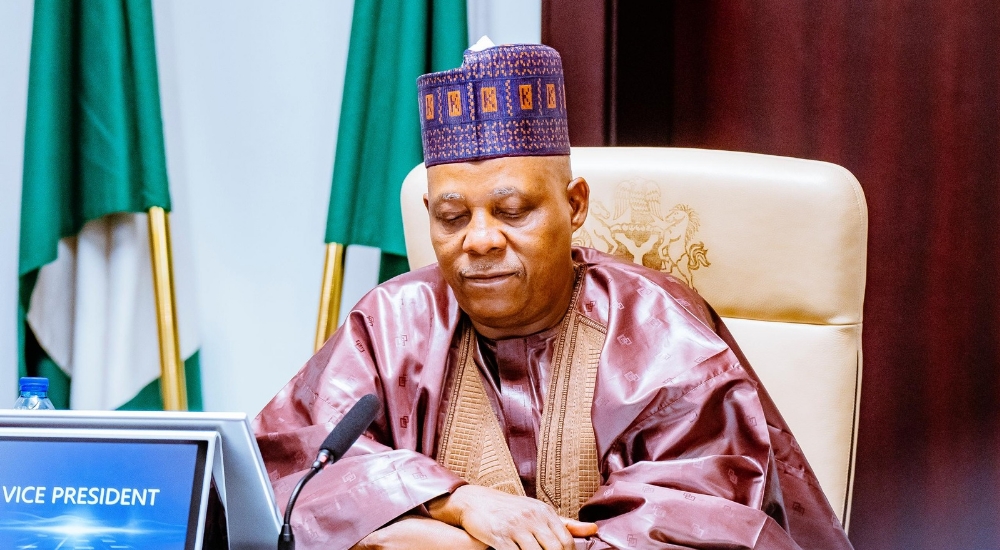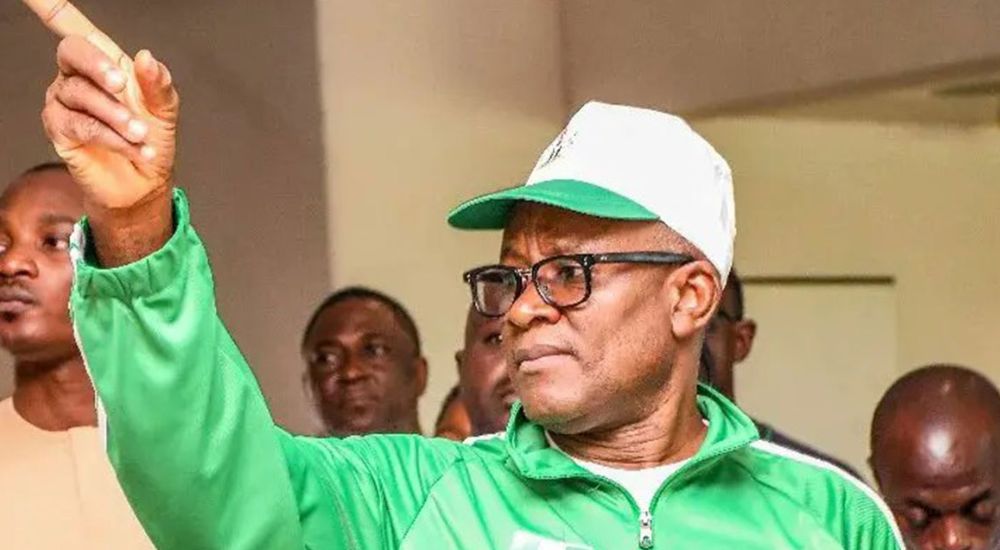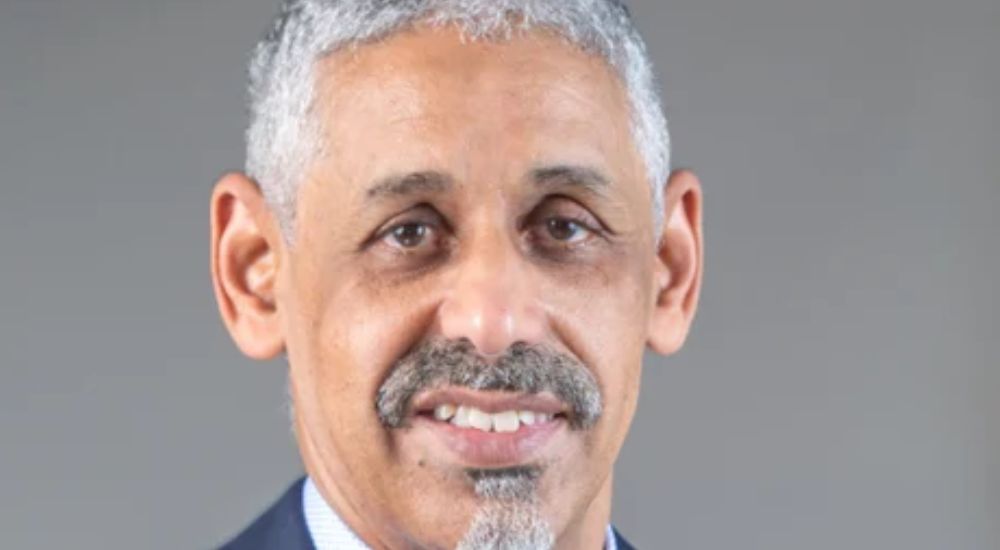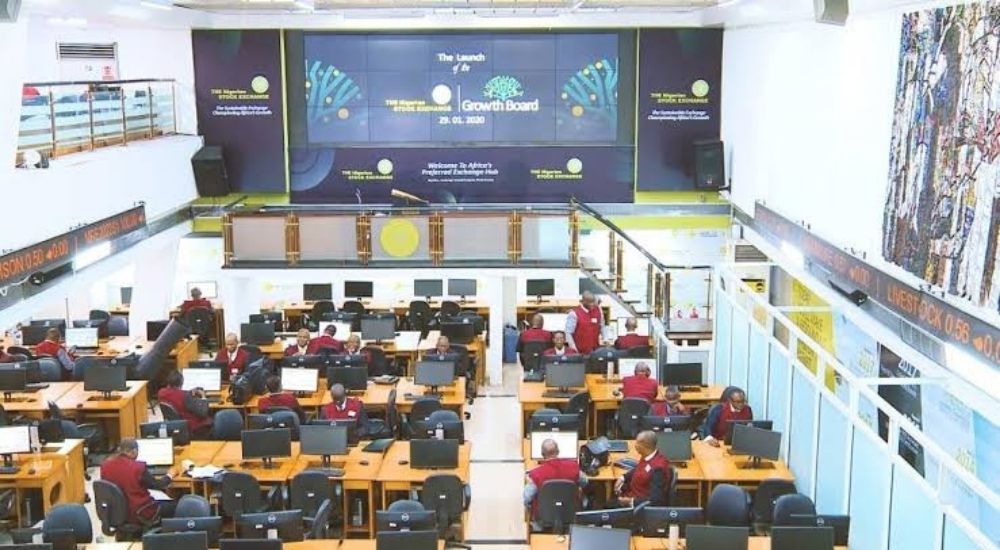Setting Strategic Agenda For AfDB’s New Transformational Leader
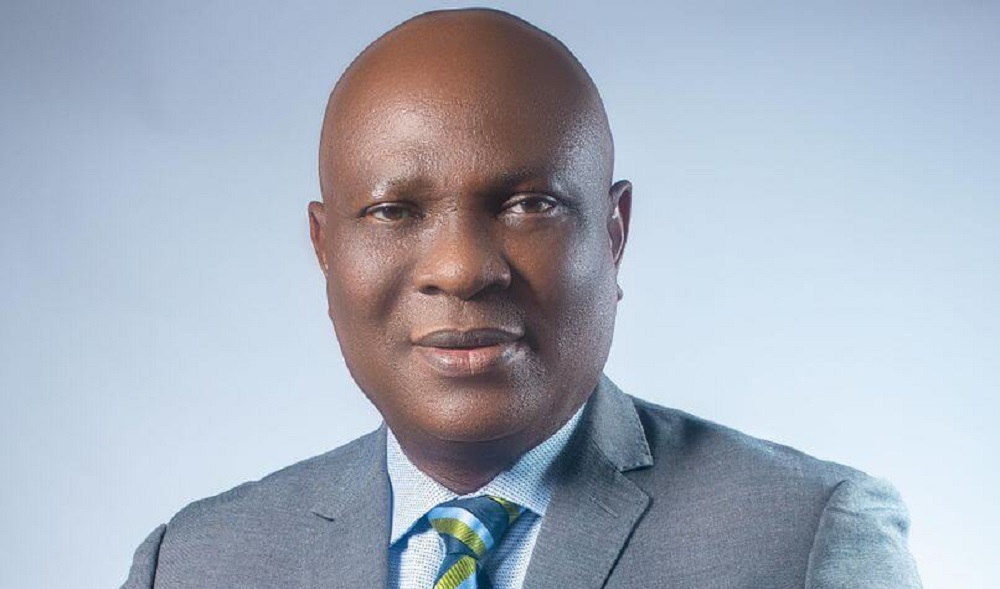
Having just returned from the African Development Bank’s Annual Meetings, where history was made, I witnessed firsthand the election of Sidi Ould Tah as the institution’s new President. His overwhelming victory—securing 76.18% of votes, including 72.37% support from regional member countries—signals Africa’s confidence in his vision for the continent’s financial future.
The Right Leader at the Right Time: Sidi Ould Tah’s election marks a watershed moment for the African Development Bank. At 60, this distinguished Mauritanian economist brings something unprecedented to the presidency: experience in leading and transforming a Development Finance Institution. His decade-long tenure as President of the Arab Bank for Economic Development in Africa (BADEA) saw him quadruple the institution’s balance sheet while securing a coveted AAA rating—a testament to his exceptional leadership and strategic acumen.
This unique credential sets him apart from all previous presidents of the AfDB. While his predecessors brought valuable experience from various sectors—Donald Kaberuka from Rwanda’s Ministry of Finance and Akinwumi Adesina from agricultural development—none had the hands-on experience of actually running and transforming a Development Finance Institution (DFI) before ascending to lead Africa’s premier development institution.
Building on Adesina’s Transformational Legacy: Dr. Akinwumi Adesina’s tenure (2015-2025) has been nothing short of revolutionary. His “High 5s” development priorities transformed the AfDB into a powerhouse of African development, achieving remarkable results in infrastructure development, agricultural transformation, energy access, regional integration, and improving the quality of life for Africans. Under his stewardship, the Bank became more relevant, more impactful, and more African-focused than ever before.
Tah inherits this transformed institution at a critical juncture. The foundation has been laid; now comes the task of scaling these achievements to meet Africa’s enormous development challenges in an increasingly complex global environment.
The Five-Pillar Strategic Agenda for President Tah
1. Strengthening the DFI Ecosystem: National and Regional Integration
President Tah’s most critical priority must be the systematic strengthening of national and regional Development Finance Institutions across Africa. His proven track record at BADEA positions him uniquely to understand the intricacies of DFI operations, capital optimization, and institutional transformation.
The strategy should involve:
- Capacity Building Programmes: Establishing comprehensive training and technical assistance programmes for DFI leadership across Africa through the Association of African Development Finance Institutions (AADFI)
- Capital Mobilization Support: Creating innovative financing mechanisms to help national DFIs access long-term capital
- Technology Transfer: Implementing standardized digital platforms and risk management systems across African DFIs
- Regional Coordination: Fostering greater collaboration between regional DFIs to avoid duplication and maximize impact
2. Accelerating Infrastructure Development Through DFI Networks
Africa’s infrastructure deficit remains staggering, estimated at $130-170 billion annually. President Tah must leverage the expanded DFI network to create an infrastructure financing revolution:
- Infrastructure Bond Markets: Developing local currency bond markets through DFI partnerships
- Blended Finance Mechanisms: Creating innovative public-private partnerships that combine DFI resources with private capital
- Cross-Border Projects: Facilitating regional infrastructure projects through coordinated DFI financing
- Climate-Resilient Infrastructure: Ensuring all infrastructure investments meet climate adaptation and mitigation standards
3. Formalizing Africa’s Informal Economy
With over 85% of Africa’s workforce operating in the informal sector, President Tah’s vision of formalization represents a massive opportunity for economic transformation:
- Digital Financial Inclusion: Partnering with national DFIs to expand mobile banking and digital payment systems
- MSME Financing: Creating specialized financing windows for micro, small, and medium enterprises
- Skills Development: Investing in vocational training programmes linked to formal sector opportunities
- Regulatory Reform: Supporting governments in creating enabling environments for business formalization
4. Youth Employment and Entrepreneurship
Africa’s demographic dividend—with 60% of the population under 25—represents both an opportunity and a challenge:
- Youth Entrepreneurship Fund: Establishing dedicated financing facilities for young entrepreneurs across all sectors
- Innovation Hubs: Supporting technology and innovation centers in partnership with national DFIs
- Agricultural Modernization: Creating opportunities for youth in modern, technology-driven agriculture
- Skills-Jobs Matching: Developing programs that align education and training with market demands
5. Climate Finance Leadership
Climate change poses existential threats to African development. President Tah must position the AfDB as the continent’s climate finance leader:
- Climate Adaptation Fund: Mobilizing $50 billion over five years for climate-resilient infrastructure
- Green Bond Program: Expanding the Bank’s green bond issuances to fund renewable energy projects
- Carbon Market Development: Helping African countries monetize their carbon assets
- Climate-Smart Agriculture: Supporting smallholder farmers in adopting climate-resilient farming practices
Understanding the AfDB Group Architecture
Before examining the challenges ahead, it is crucial to understand that President Tah will lead the African Development Bank Group, which comprises three legally and financially independent entities working toward common development goals: the African Development Bank (AfDB), the African Development Fund (ADF), and the Nigeria Trust Fund (NTF). This tripartite structure presents both opportunities and complexities that the new president must navigate masterfully.
Navigating Global Economic Headwinds and Political Uncertainties
President Tah assumes office amid unprecedented challenges that will test his leadership mettle. The global economic environment presents a perfect storm of funding uncertainties, with President Trump’s administration requesting that Congress end US contributions to the African Development Bank Group’s concessional arm—the very mechanism that supports the continent’s poorest countries through the African Development Fund (ADF).
This potential loss of American funding comes at a critical time. However, there is a silver lining: Nigeria has just injected an additional $500 million into the Nigeria Trust Fund, demonstrating African commitment to self-reliance in development finance. This contrast between diminishing Western support and increased African investment underscores the urgency of President Tah’s mission. His agenda must include:
Strategic Response to Funding Challenges
The potential withdrawal of US funding from the ADF, coupled with Nigeria’s $500 million injection into the NTF, presents both crisis and opportunity:
- Maximizing the Nigeria Trust Fund Impact: Leveraging Nigeria’s additional $500 million contribution to catalyze similar commitments from other African nations
- Asian Development Partners: Strengthening relationships with China, Japan, and other Asian economies to fill the funding gap
- Middle Eastern Partnerships: Leveraging his BADEA experience to deepen Arab-African financial cooperation, particularly given the Gulf states’ growing interest in African markets
- African Capital Markets: Accelerating the development of domestic and regional capital markets to reduce dependence on Western funding
- Private Sector Engagement: Creating innovative mechanisms to attract private capital, particularly from African pension funds and sovereign wealth funds
- South-South Cooperation: Expanding partnerships with emerging economies like India, Brazil, and Turkey
Institutional Resilience
- Risk Management: Implementing robust risk management frameworks across all Bank operations
- Digital Transformation: Accelerating the Bank’s digital transformation to improve efficiency and reach
- Knowledge Management: Establishing the AfDB as Africa’s premier development knowledge hub
- Strategic Partnerships: Building alliances with other multilateral development banks and international financial institutions
The Imperative for Transformation
The convergence of Nigeria’s increased commitment to the NTF and America’s potential withdrawal from ADF funding creates a pivotal moment that demands bold leadership. President Tah must work harder than any previous AfDB president to:
Reimagine the Group’s Financial Architecture: The three-entity structure of the AfDB Group—comprising the AfDB, ADF, and NTF—must be optimized to maximize synergies while maintaining the legal and financial independence of each entity. This requires sophisticated coordination mechanisms that President Tah’s DFI experience uniquely qualifies him to implement.
Lead by Example: Nigeria’s $500 million contribution to the NTF should catalyze other African nations to increase their commitments. President Tah must embark on an intensive diplomatic campaign to secure similar commitments from Nigeria’s peers, including South Africa, Egypt, Morocco, Kenya, and Ghana. Incidentally, in the 60 Years of AfDB, only Nigeria has a National Trust Fund.
Prove African Self-Reliance: The potential loss of US funding, while challenging, presents an opportunity to demonstrate that Africa can finance its development. Success in this endeavor would fundamentally alter the continent’s relationship with traditional development partners.
The Path Forward: Rising to the Challenge
President Tah’s election represents more than a leadership transition—it is a test of Africa’s resolve to control its development destiny. The convergence of challenges—from Trump’s funding cuts to global economic uncertainties—demands that he work harder and more strategically than any previous president of the AfDB.
His proven ability to transform financial institutions at BADEA, combined with his deep understanding of African development challenges, positions him to lead the continent toward greater economic autonomy. However, success will require unprecedented coordination across the AfDB Group’s three entities, leveraging Nigeria’s NTF investment as a foundation for broader African financial commitment.
The success of his presidency will be measured not just by projects financed or infrastructure built, but by his ability to transform Africa’s financial architecture during a period of Western retrenchment. By strengthening national and regional Development Finance Institutions (DFIs) while maximizing coordination between the African Development Bank (AfDB), the African Development Fund (ADF), and the New Partnership for Africa’s Development (NEPAD), President Tah can create a self-sustaining ecosystem of development finance that reduces Africa’s dependence on increasingly unreliable external funding.
The continent stands at a crossroads, with traditional development partners retreating just as African nations, such as Nigeria, step forward with increased commitments. With exemplary leadership, strategic vision, and coordinated action through strengthened DFI networks and optimized Group architecture, Africa can achieve the rapid infrastructure growth and economic transformation it desperately needs.
President Sidi Ould Tah has the experience, the mandate, and the opportunity to make this vision a reality. But make no mistake—he will need to work harder than any of his predecessors to succeed in this challenging environment.
The time for action is now. Africa’s development future depends on it.
– Dr. Steve Ogidan, mni, is Managing Director/CEO, Successory Nigeria Ltd and Consultant to the Association of African Development Finance Institutions and a leading expert on African development finance. He has over two decades of experience in development banking and has advised governments and financial institutions across Africa on development finance strategies.
Setting Strategic Agenda For AfDB’s New Transformational Leader is first published on The Whistler Newspaper

